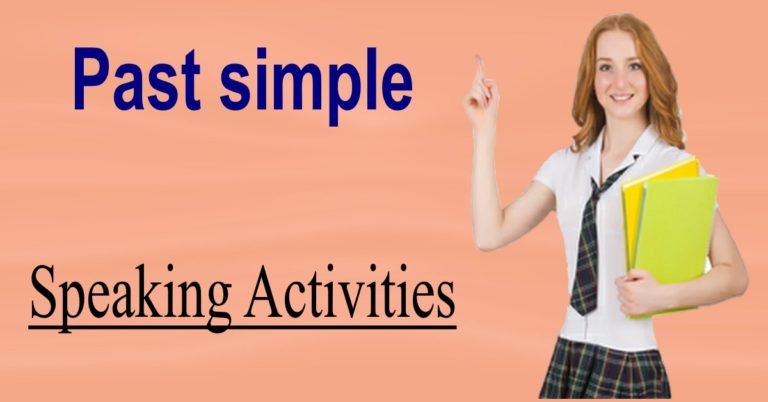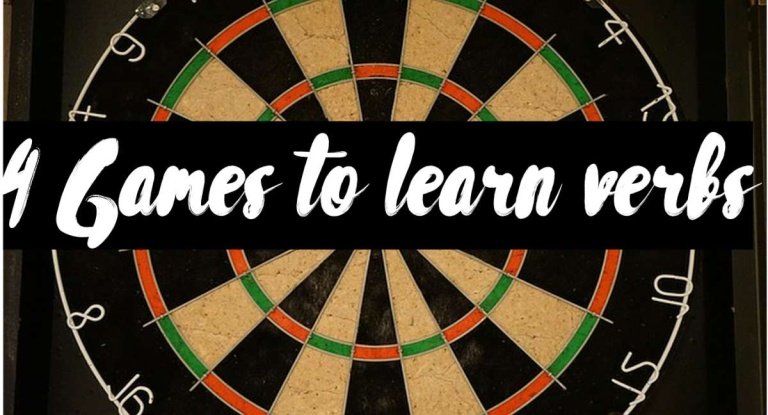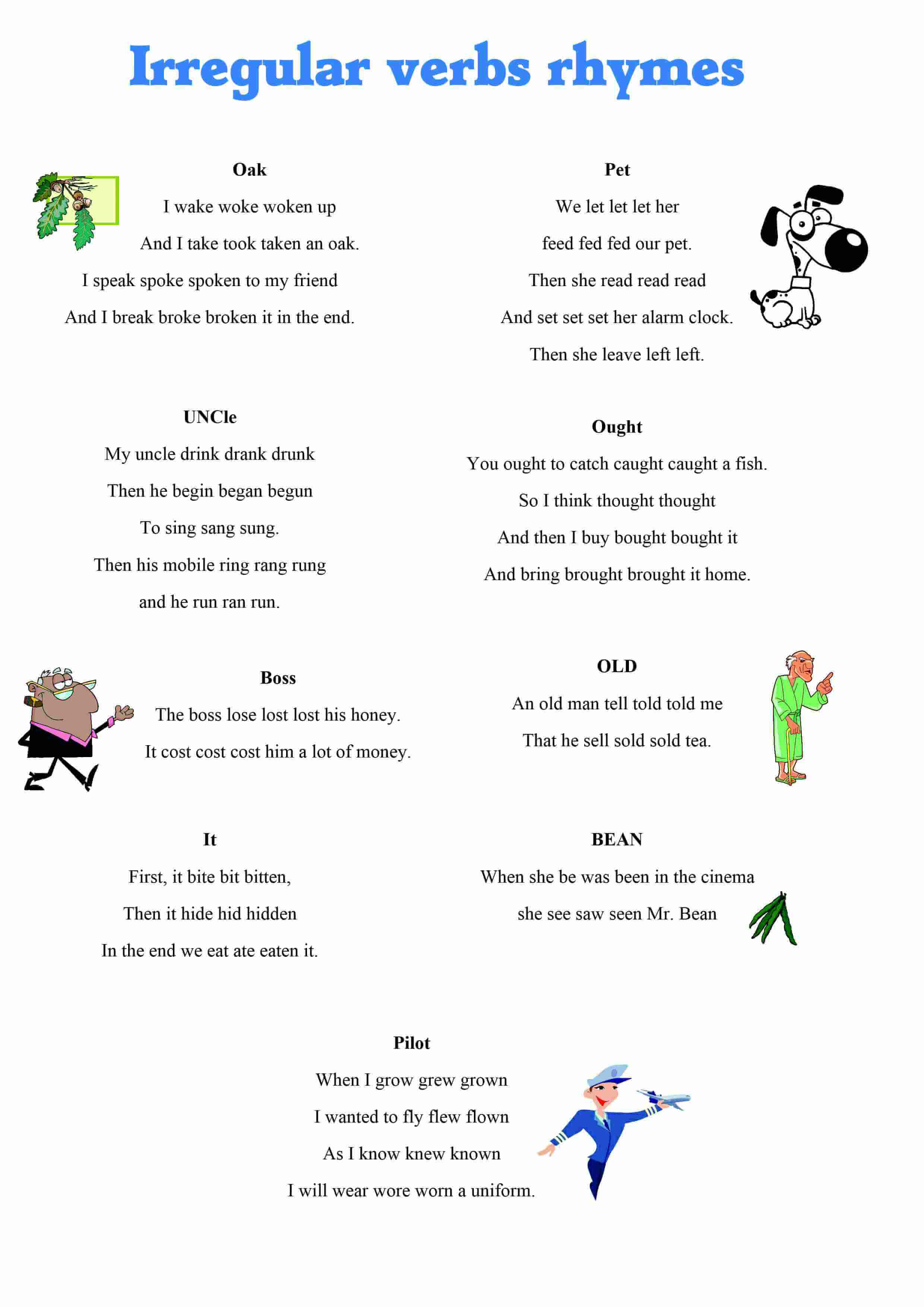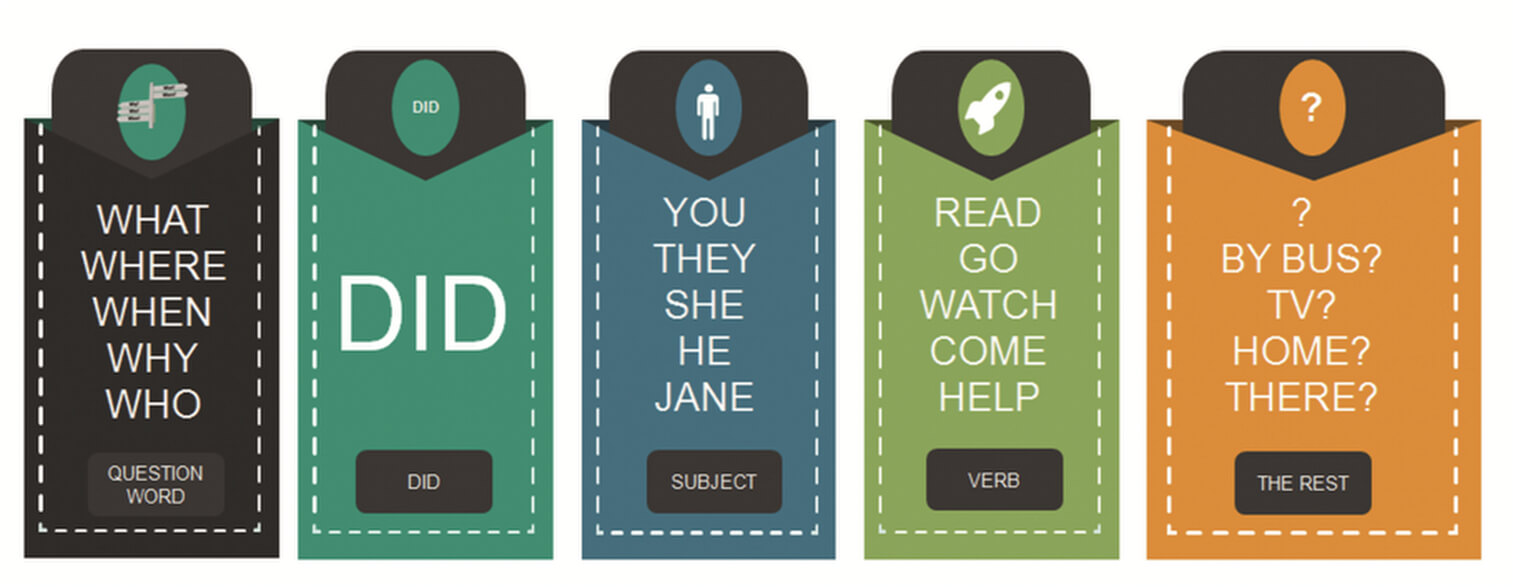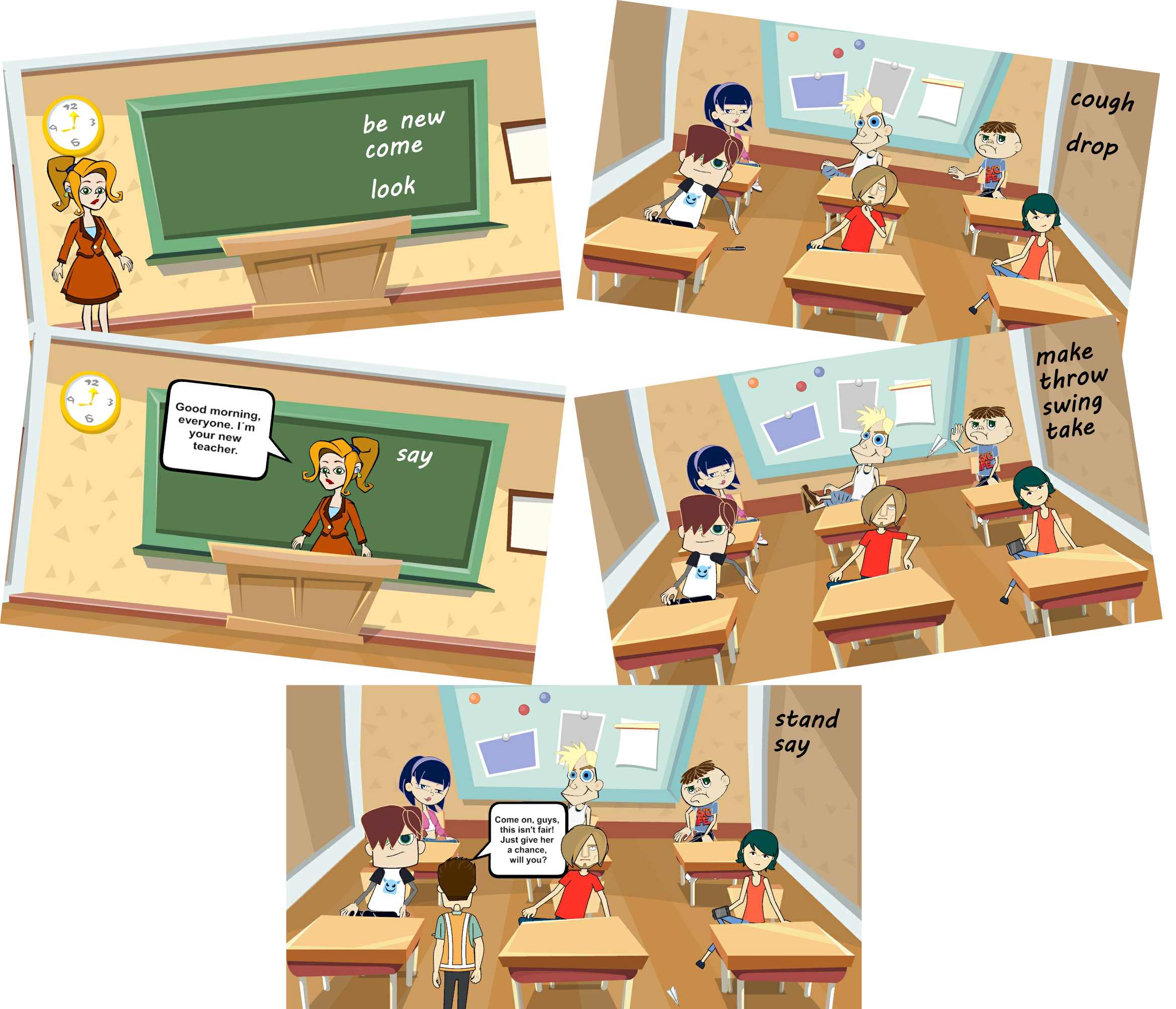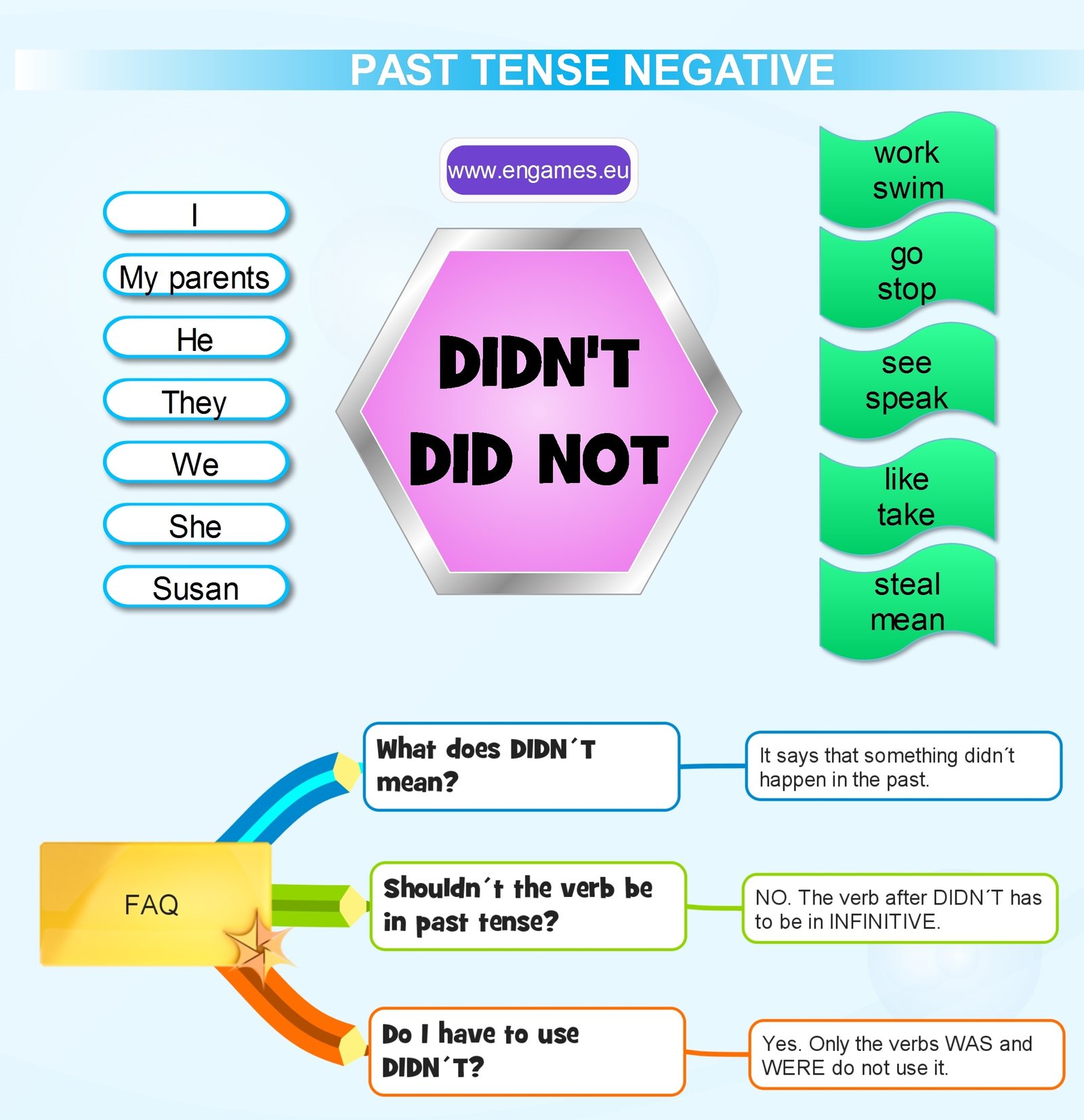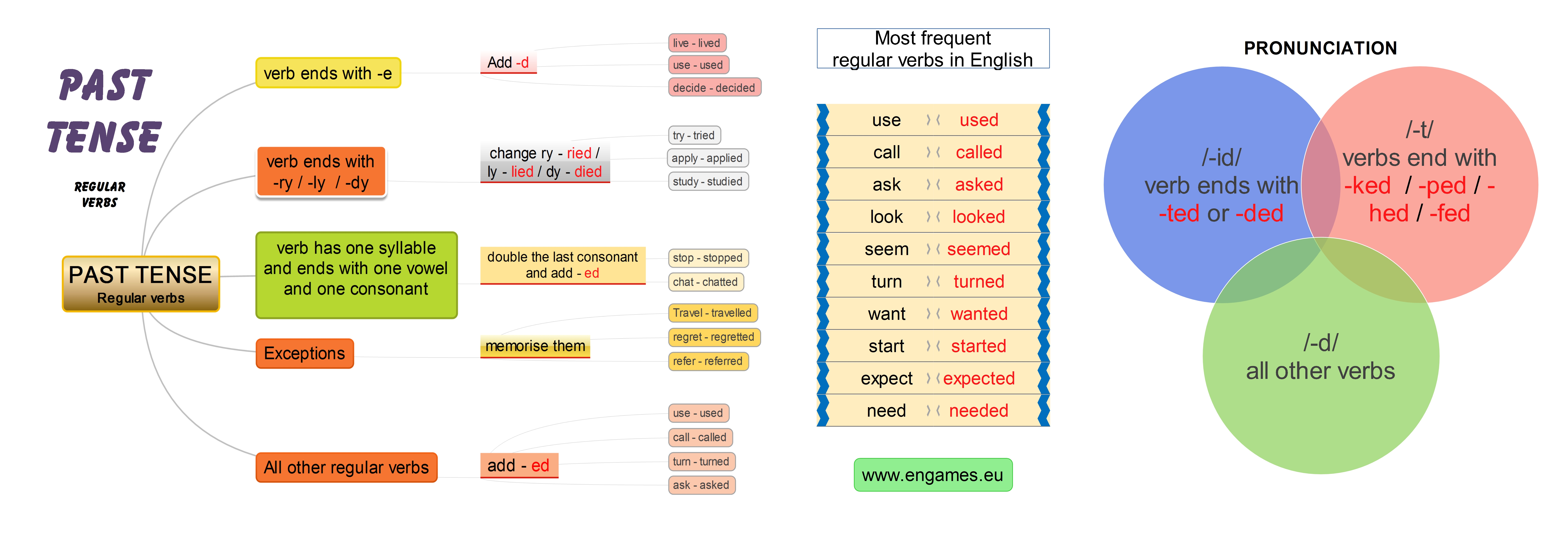3 Speaking Activities to Practice the Past Simple Tense
Textbooks often don´t offer enough speaking practice. If the book is good it gives you two speaking activities per unit and nothing more. Then the teacher has to search high and low to find some more. To make the search shorter, I share three speaking activities you can use to practise the past simple tense….
